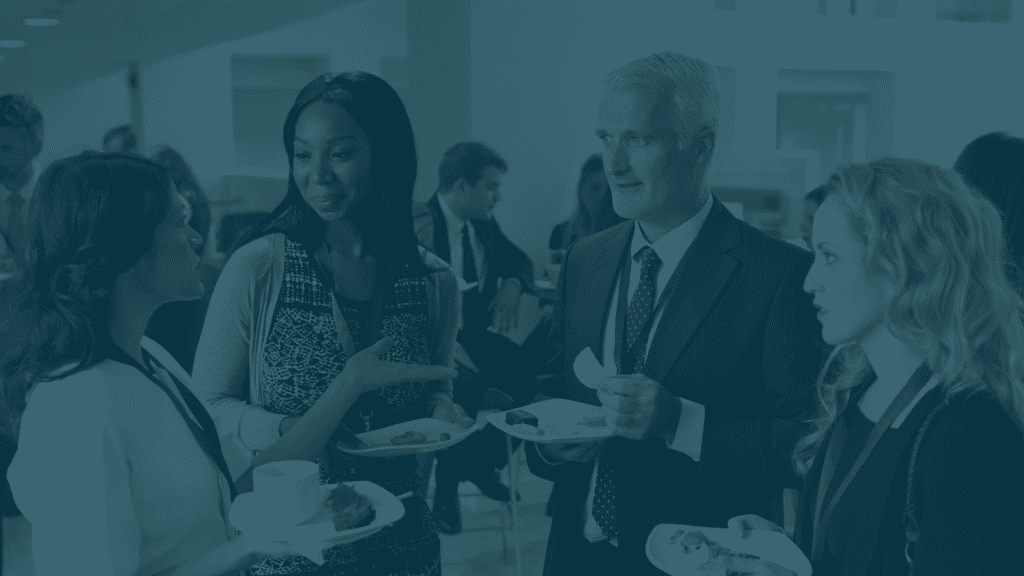Ensuring George Floyd Did Not Die in Vain
It is with a heavy heart and deep sense of anguish that I reflect on the events of the last month. More than 100,000 killed in the pandemic. Families struggling against unemployment and economic loss. And now, the killing of George Floyd, pinned down and suffocated to death by the police.
Caught on video, his desperate suffering and calls for his mother resonating across the nation, George Floyd’s death has galvanized calls for racial justice and transformation of a criminal justice system that administers deadly force far too easily and with an uneven hand. Protestors stand together across racial lines calling for real structural reforms that will protect Black lives and recommit law enforcement to serve and protect all people fairly and equally.
As we approach this Juneteenth, the staff at New Meridian stands with those who call for true equality in America, and we will work hard to bring about change in our industry. George Floyd’s death cannot be in vain.
Like so many challenges we face, racial injustice is a systemic problem. We cannot claim that these are isolated acts of bigotry when the National Academy of Sciences revealed last year that Black men are twice as likely as White men to be killed by police. In Minneapolis, where George Floyd was killed, police use force against Black residents at a rate seven times higher than they do against White residents, according to The New York Times.
George Floyd, Breonna Taylor, and Ahmaud Arbery are only a few of many lives lost, but we as a nation are finally starting to reckon with our long history of racial injustice. We are witnessing a flood of righteous anger that has breached its banks demanding justice and systemic change. Something about this time feels different—the broad participation in protests across the country and throughout the world suggests that real change is possible.
We at New Meridian believe that the fight for racial and social justice is also advanced through the fight for equitable education. We founded this company to develop equitable assessments designed not to sort or exclude but to help develop the critical thinking, problem-solving, and communication skills that will empower all students to meet society’s challenges and to succeed.
Yet we know we must do more.
We recognize that, as an assessment company, we play a critical role in helping states, districts, and schools set priorities for what gets taught in our nation’s classrooms. We take that responsibility very seriously and view this moment as an opportunity to rethink the foundations of our work. As an organization, we are taking time to reflect honestly on recent events and how we can be a force for positive change. We will consider our blind spots, have the courage and grace to seek out diverse perspectives and share our own about race, inequity, and privilege in a way that leads to deeper understanding and empathy—and ultimately to action.
In these times, I maintain my strong belief that expanding access to a quality education is our greatest hope for opening minds, opening hearts, and achieving real change. What we do next is important—let us not waste this moment. Let us face these challenges openly and honestly and with courage work together to create a better future for all.


